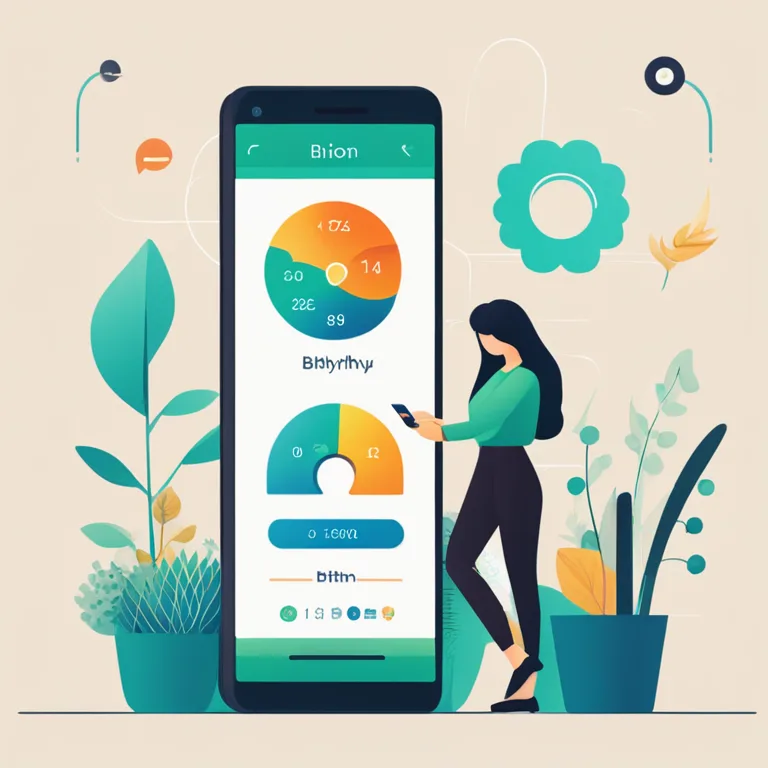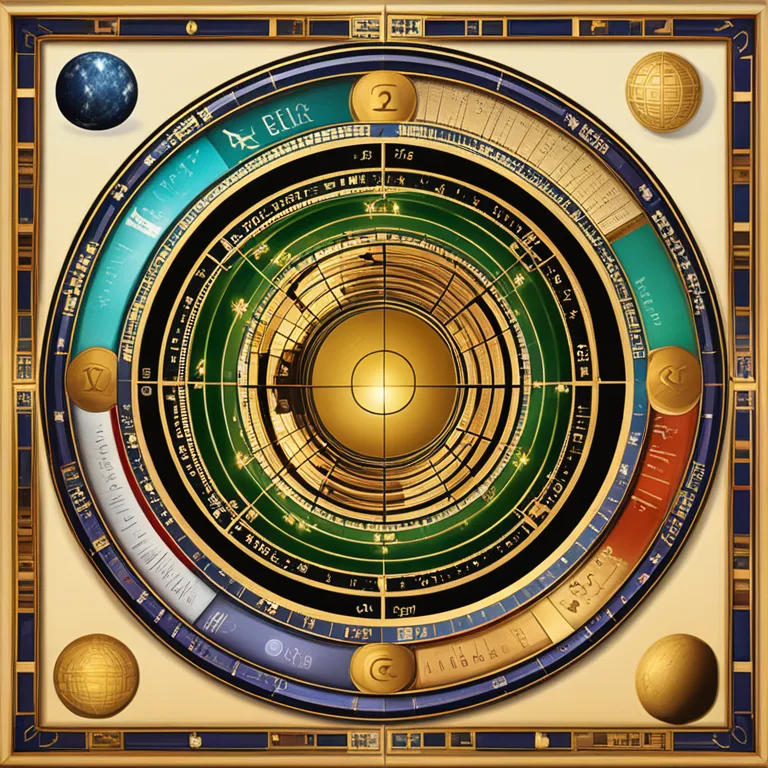
Biorhythms Basics: A Comprehensive Guide
Delve into the captivating world of biorhythms. Discover their foundation and the influence they have on daily life in our comprehensive guide.
article by Adrian Wallace
Introduction to Biorhythms
Biorhythms are an intriguing aspect of the broader conversation about human wellness and behavior. Initially recognized in the 19th century, the concept of biorhythms has developed into a system that some individuals utilize to predict various aspects of their personal life. The theory posits that our daily lives are influenced by natural, rhythmic cycles, impacting our physical, emotional, and intellectual capabilities. While scientific opinion on biorhythms is mixed, many people explore these rhythmic patterns in search of optimizing their well-being and performance.

Historical Context
The concept of biorhythms is attributed to Dr. Wilhelm Fliess, a contemporary of Sigmund Freud, who proposed that human life is influenced by regular cycles. Further work by Dr. Hermann Swoboda and Dr. Alfred Teltscher posited that these rhythms have a significant impact on physical and mental performance. The idea has evolved, integrating with practices like astrology to offer insights into the ebb and flow of human capacities, though it remains controversial in scientific circles.

Understanding the Cycles
Biorhythms are generally divided into three primary cycles: the 23-day physical cycle, the 28-day emotional cycle, and the 33-day intellectual cycle. Each cycle is said to sway between positive and negative phases, theoretically influencing individuals accordingly. The physical cycle relates to bodily strength and well-being, the emotional cycle to mood and creativity, and the intellectual cycle to cognitive functions and decision-making. Proponents of biorhythms suggest aligning activities to these cycles to maximize one's potential.

Measuring Your Biorhythms
In this digital age, biorhythms have found a new platform as applications and software have been developed to track these cycles. Utilizing basic information such as a person's date of birth, these modern tools calculate and predict the phases of an individual's biorhythms, offering guidance for personal planning. This has made biorhythmic analysis more accessible, allowing enthusiasts to tailor their schedules for optimal performance and emotional well-being.

Scientific Scrutiny
The scientific community maintains a skeptical stance on biorhythms. Critics argue that the evidence supporting biorhythm theory is anecdotal and lacks empirical validation. They caution against relying on biorhythms for critical decision-making due to the absence of concrete proof. The majority of research has been unable to conclusively demonstrate a correlation between these proposed cycles and predictable patterns in human affairs. Despite this, biorhythm theories maintain a niche following.
Biorhythms in Practice
For supporters, biorhythms offer a template for understanding fluctuations in performance and mood. By monitoring these cycles, individuals can potentially anticipate periods of high achievement or emotional sensitivity and plan accordingly. While scientific backing is limited, anecdotal evidence from adherents suggests that paying attention to biorhythms can be a valuable component of personal introspection and development.
Conclusion
Although biorhythms might not be universally accepted within the scientific community, the fascination with them persists. As a blend of pseudoscience and holistic approach to health and planning, they offer an appealing framework for those looking to harmonize with their natural rhythms. Whether used independently or alongside other wellness practices, biorhythms compel us to consider the impact of cyclical patterns on our lives as we quest for peak moments of well-being and effectiveness.
Published: 1/4/2024
Modified: 1/4/2024
More predictions
Come back here soon to learn more about yourself and your future


The Practical Uses of Biorhythms In Today's Life
Discover the significant applications of biorhythm theory in everyday living, from health optimization to decision-making.


The Impact of Biorhythm Compatibility
Discover the impact of biorhythm cycles on relationship dynamics and compatibility in our insightful article.


The Significance of Biorhythm Compatibility
An in-depth analysis of biorhythm compatibility and its impacts on personal relationships. Discover how syncing your biological cycles can enhance connections.